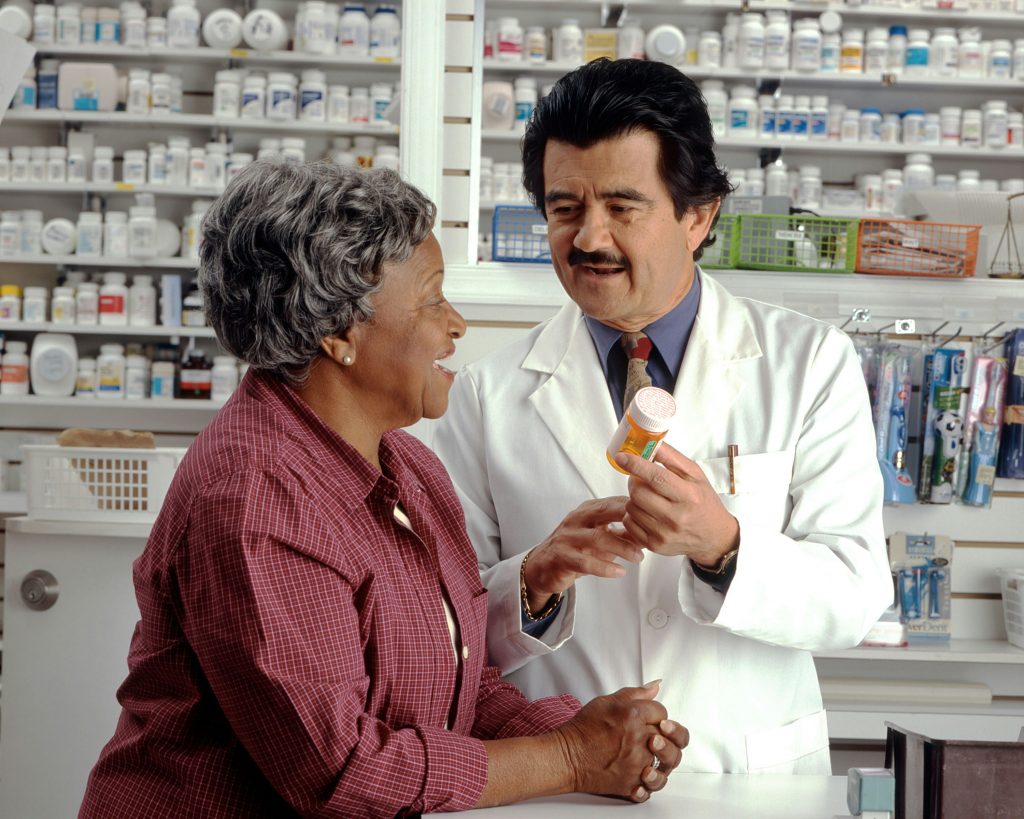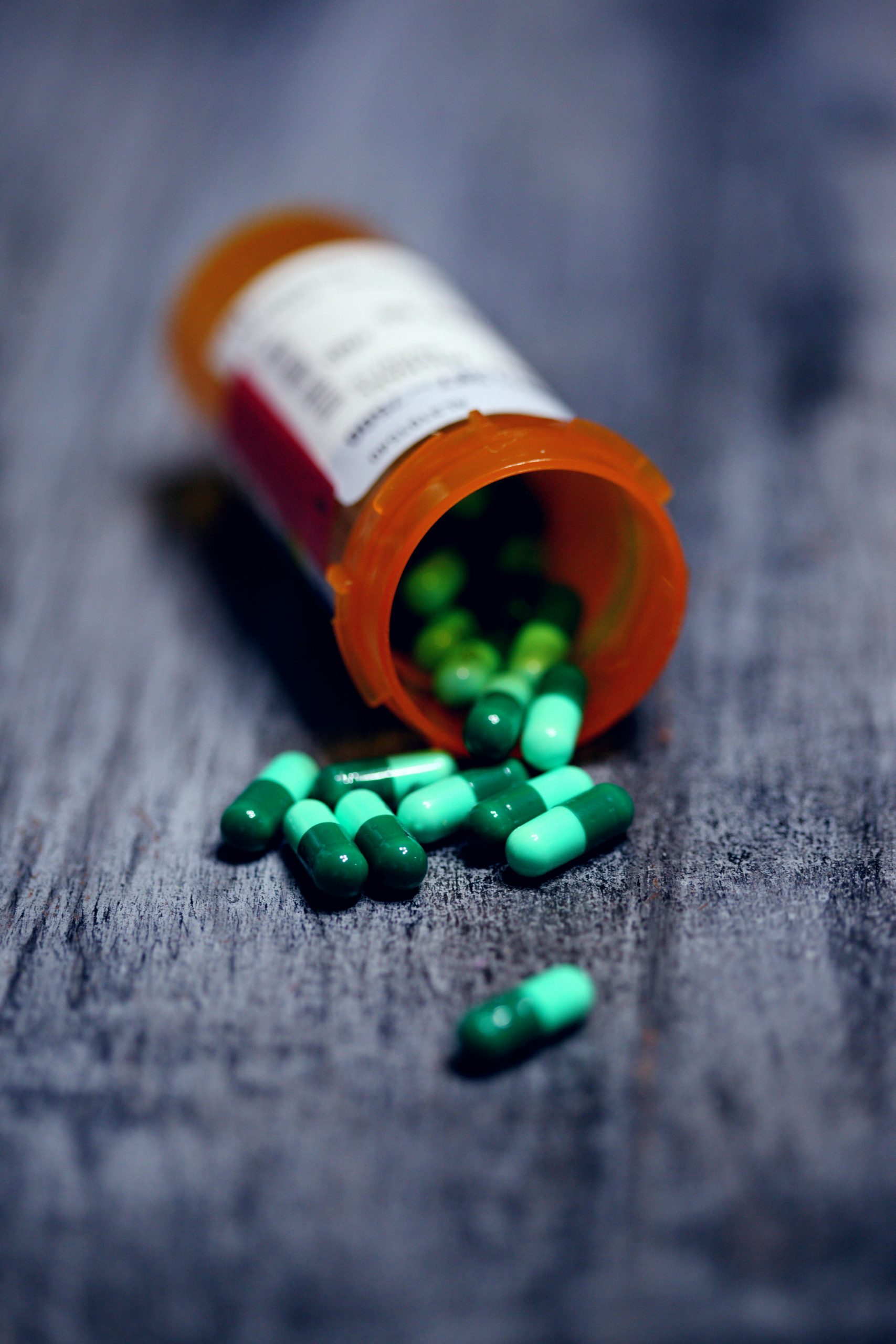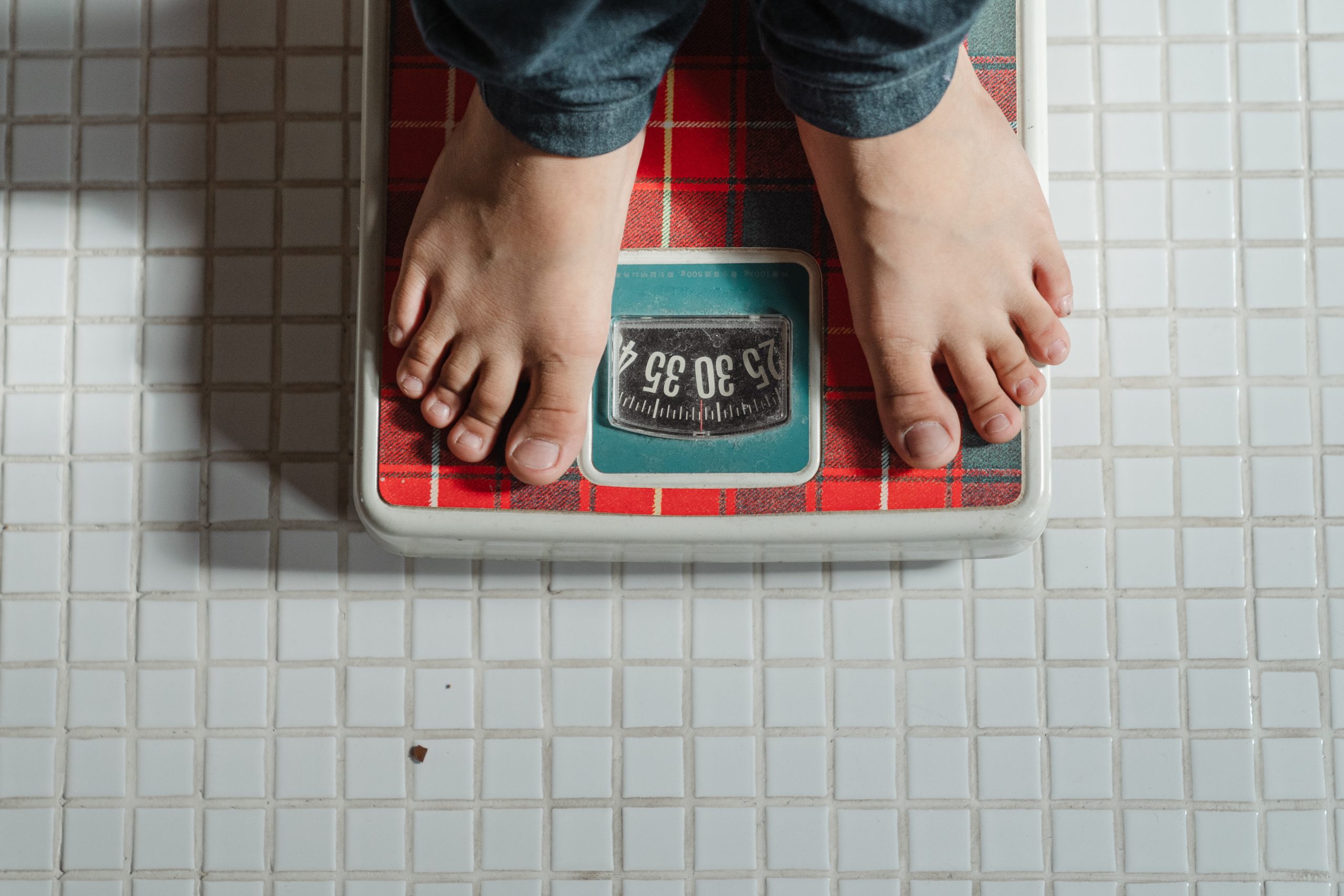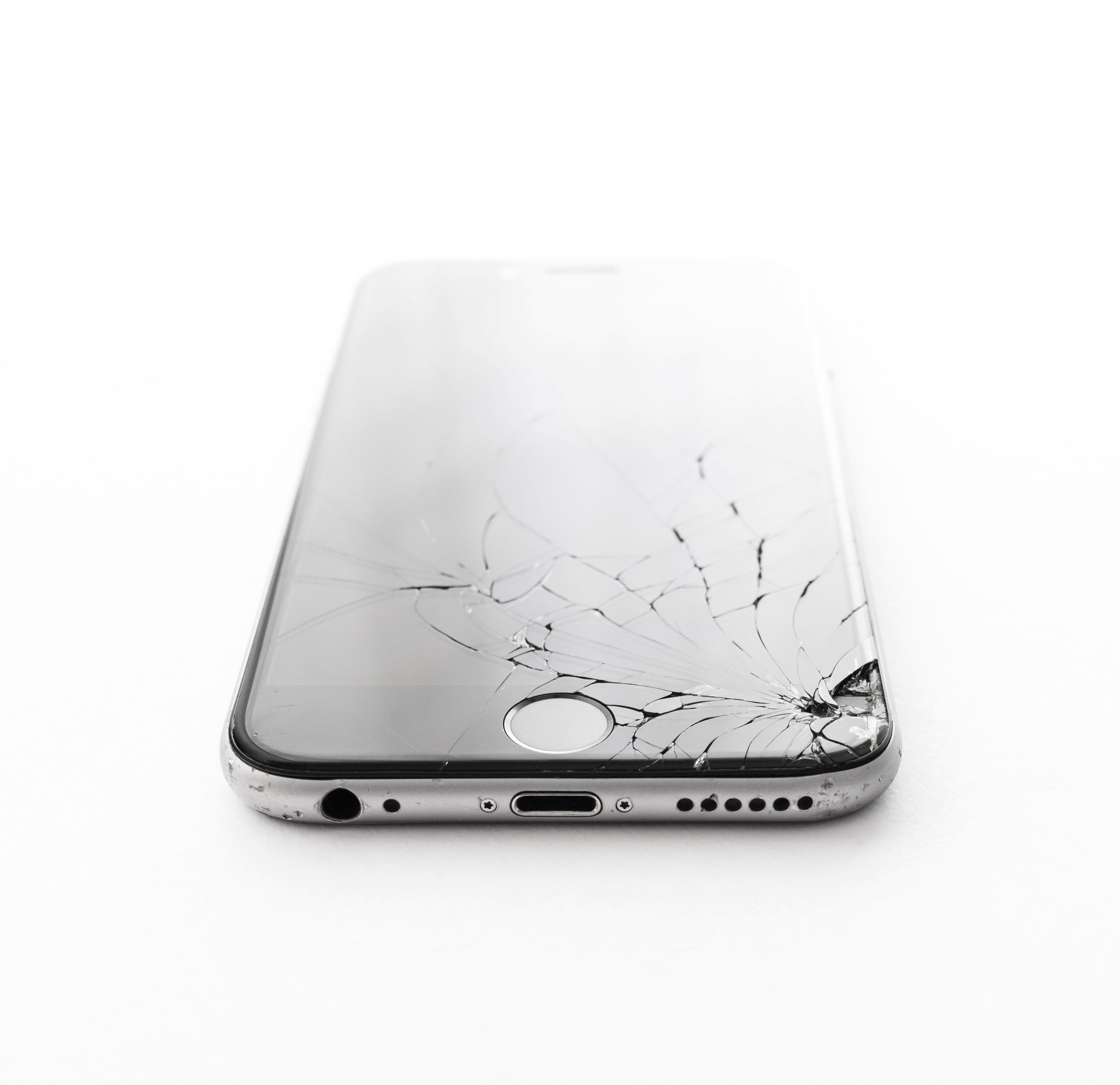Medical misinformation is big business on social media. From influencers flogging snake oil to anti-vax propaganda, we’re often facing health advice that’s complete nonsense. But so many people believe it. We’re all living longer, but we’re not living healthier. People fear that ill-health. Fear is what drives the spread of medical misinformation across social media.
It would be wrong to assume that’s it’s only those without ready access to education, money and medical resources that fall for these lies and scams. Anybody can, and anybody will. Even a relative of mine, a well-educated and well-off individual, was recommending various nasal sprays to fend off Covid-19 infection during the pandemic. Of course these were recommended by a guy on YouTube with no discernable medical qualifications. Unsurprisingly, they did not work in the slightest. This medical advice content, whether truthful or not, is often picked up and circulated by the social media algorithms, because of the level of engagement it receives. Due to this, I don’t think we’ll be seeing the back of this misinformation anytime soon.
What do people gain by spreading medical misinformation?
Selling scam cures
Snake oil salesmen aren’t just an old-timey Victorian quirk. They still exist, they’ve just moved their business online. We can take this article from The Japan Times as an example of how these scams target the vulnerable. Through posts and ads on social media, scam products such as ‘Doc Atoie’s Finest Guyabano Wine’ and ‘Green Barley’ that claim to be able to cure cancer, and a variety of other ailments, lure in desperate people with few other options. Not only are they useless and expensive, but a lot of the associated misinformation will have sick people choose these products over the medical treatments that could actually cure their cancer (or other serious diseases). The more faith a person has in a cure, the more money they’ll put towards that rather than anything else. Any delay to real medical care could be fatal.
Sewing distrust in public officials
Medical misinformation can be used as a political tactic to win votes. For example, if the people in power are giving health advice, their opposition can accuse them of endangering the public, which lowers the public’s trust in them.
Let’s use famously nasty-piece-of-work Florida governor Ron Desantis as an example. Last September he stated: “I will not stand by and let the FDA and CDC use healthy Floridians as guinea pigs for booster shots that have not proven to be safe or effective.” Of course, they were in fact perfectly safe, but his numerous fans jumped to believe him. By saying this, he lowers the public trust in the Democratic government whilst boosting trust for the Republicans. This article from the business magazine Fortune lays the majority of the blame for medical misinformation’s threat to democracy on social media content and algorithms. They outline how the misinformation is manufactured on social media and why it’s so hard to get rid of.
Fame and attention
As I mentioned before, social media algorithms so often choose to share medical misinformation because of the interest and engagement it garners. So if an influencer makes content spreading medical misinformation, it can receive a lot of attention and increase their audience. Even if they’re flooded with complaints about the veracity of their claims, engagement is engagement. It’s the modern equivalent of ‘any publicity is good publicity’. Labelling advice as “wellness” trends and tips, they gather vast, trusting audiences. Did you see the papaya seed trend? Multiple influencers advised that they’ll rid you of gut parasites, but the evidence is shoddy and lacking. If you want to treat your tape worm with fruit seeds you’d better get used to your tenant, because it’s not going anywhere.

Where can we find trustworthy medical advice when we need it?
Directly from medical professionals
The rule of thumb is, if you have a health concern, consult a medical professional. Of course these come in a variety of forms. In most cases your family doctor is your first port of call. You can also talk to pharmacists though about many things, and they’re often easier to access. Then there’s also a variety of helplines where you can talk to qualified medical professionals about pretty much any concern. Of course what is available varies from place to place, so make yourself familiar with the medical resources you have access to. Unfortunately, for many people these days, direct help from a medical professional can be hard to come by. In that case, we need to look at plan B:
Trustworthy and verified online resources
This could be the website of whatever national health institution is relevant to you (for example the NHS website for me). There’s also advice from international organisations such as the World Health Organisation and various international branches of the Center for Disease Control. Several reliable medical journals can also be accessed online for free, as well as medical university websites. Examples include The Lancet and The BMJ, both well-established and well-recognised peer-reviewed medical journals.
If you’re like me though and have bouts of health anxiety, I wouldn’t recommend googling your symptoms. Search engines can show you the most dramatic and sensational options (along the lines of GIGA CANCER and EXPLODING BRAIN VIRUS), rather than the most likely ones. Try your best to speak to a professional.
How can we be sure that the information we’re getting is legitimate?
- Make sure to cross reference any information. If multiple legitimate sources verify that information, then it’s probably reliable. If it’s just a blogger and a handful of TikTokers making the claim, probably not true.
- Check qualifications. Make sure you know where your information is coming from. If someone’s sources and qualifications are non-existent or hard to verify, be suspicious of what they’re saying.
- Avoid social media. Content creators are not medical professionals. Even the ones that claim to be are often lying about or exaggerating their qualifications. The nature of social media means that the information you see will be the most sensational, not the most true.
- Be weary of ads from private companies. Especially those you find on social media. Whilst ads making false health claims are technically banned on most platforms, it can take a long time for them to be taken down.
- Be weary of ads that look like they’re from official public health organisations. Following links from social media may lead you to fake websites of these organisations, made to look legitimate to fool you. Make sure what you’re looking at is the real deal.
- If the advice is from politicians, especially on social media, consider what they have to gain from giving you this information. What are their sources?


